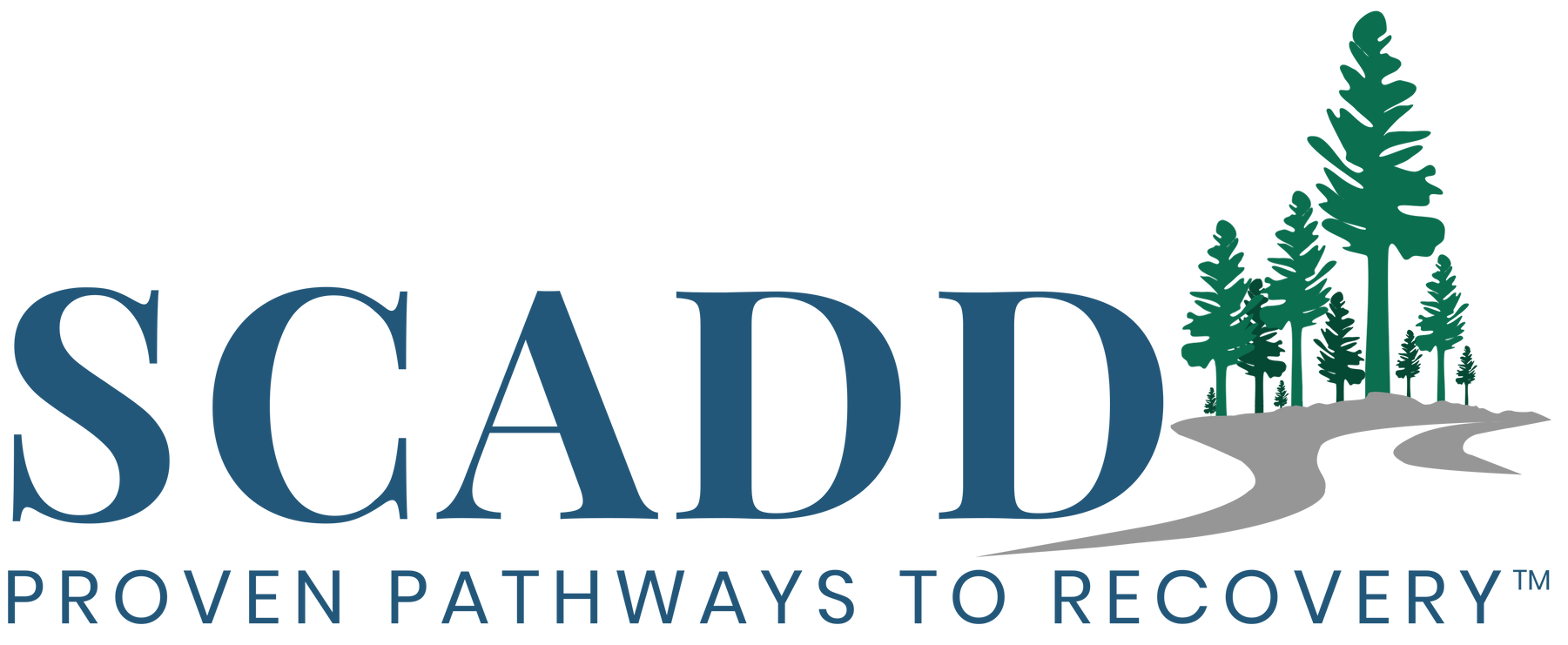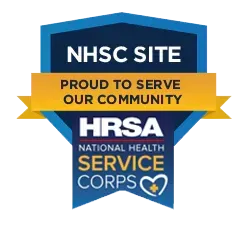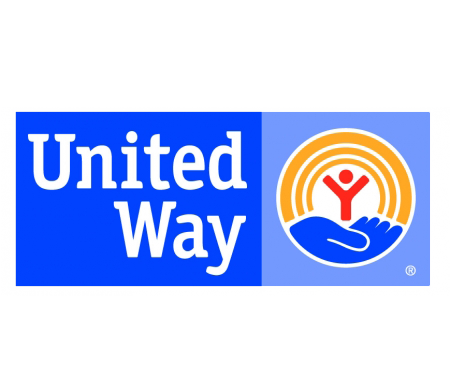Self Help
Self-help groups can complement and extend the effects of professional treatment. The most prominent self-help groups are those affiliated with Alcoholics Anonymous (AA), Narcotics Anonymous (NA), and Cocaine Anonymous (CA), all of which are based on the 12-step model. Most drug addiction treatment programs encourage patients to participate in self-help group therapy during and after formal treatment. These groups can be particularly helpful during recovery, offering an added layer of community-level social support to help people achieve and maintain abstinence and other healthy lifestyle behaviors over the course of a lifetime.
*Information sourced from the National Institute on Drug Abuse, to learn more go to https://www.drugabuse.gov/
CT Crisis intervention hotline: https://portal.ct.gov/DCP/Common-Elements/Consumer-Facts-and-Contacts/InfoLine
Narcotics Anonymous: https://www.nar-anon.org/find-a-meeting
CT Alcoholics Anonymous: https://ct-aa.org/
Recovery Support hotline: https://ccar.us/
National Alliance of Mental Illness: https://www.nami.org/Home
United Way: https://www.211ct.org/
Alcoholics Anonymous Family Groups: https://www.211ct.org/
CT Department of Mental Health and Addiction Services: https://portal.ct.gov/dmhas
National Institute on Drug Abuse: https://www.drugabuse.gov/
National Institute of Health: https://www.nih.gov/
Substance Abuse and Mental Health Services Administration:
https://www.samhsa.gov/
At SCADD, we believe everyone deserves access to quality care, regardless of their ability to pay. To ensure services are accessible to all, we offer a discounted/sliding fee schedule based on family size and income. No one will be denied access to services due to financial limitations.
